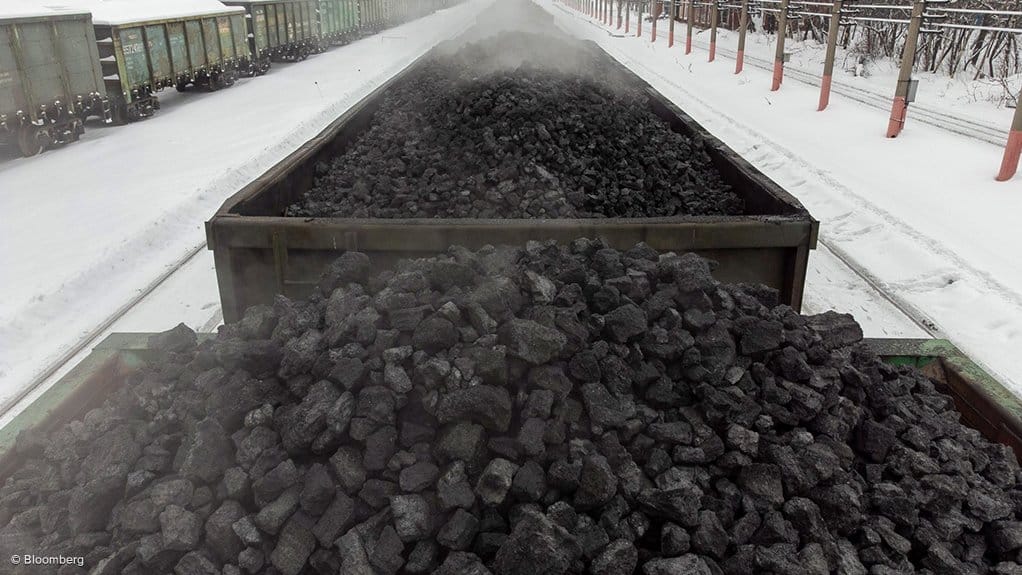Some of the world’s major economies want to finalise a plan ahead of this year’s UN climate summit to halt new private sector funding for coal projects, five sources with direct knowledge of the matter told Reuters.
If approved, the draft proposal by the Organisation for Economic Co-operation and Development, would be the first move by a multilateral institution to curb financing for coal, one of the biggest causes of climate change, which produces more carbon dioxide emissions than oil or gas when it is burned for energy.
The draft plan, which aims to set a “gold standard” policy for how financial institutions approach coal, instructs investors, banks and insurers to halt new financing to existing or planned coal projects, and end funding to companies building coal infrastructure, the sources said.
Under the plan, financial institutions would fund the early retirement of coal plants, rather than divest from these assets. And early closures of coal-fired facilities should be matched with financing for clean energy to replace the lost coal capacity.
Commercial banks’ lending and underwriting to the coal industry totalled $470-billion between January 2021 and December 2023, the NGO Urgewald said in a report last month.
OECD countries – whose 38 members include most of the world’s biggest market-focused democracies – are preparing feedback on the proposal, which is set to be put out for public consultation before a formal adoption ahead of the U.N. COP29 climate summit in Azerbaijan in November.
The OECD policy would be non-binding, but would aim to set an international standard used by companies’ boards and shareholders.
Previous OECD guidelines – for example, on child labour – have been adopted by some multinational companies, setting a standard for dealing with countries where no formal child labour laws exist.
France, the United States, Britain, Canada and the European Union are among backers of the proposal, part of a “Coal Transition Accelerator” initiative conceived by France at last year’s COP28 climate summit, the sources said.
That project, which also focused on reducing the cost of capital for clean energy investments, was backed by coal-reliant emerging economies including Indonesia and Vietnam – both of which have entered multi-billion-dollar deals with donor countries to reduce their coal reliance.
The biggest push-back on the OECD proposal has come from Japan, three of the sources said. Japan is the world’s third-biggest coal importer and gets more than a quarter of its energy from coal.
OECD members approve new guidelines by consensus.
Japan’s ministry of economy, trade and industry did not immediately reply to a Reuters request for a comment.
Some of the sources said the proposal could yet be watered down, potentially to halt project finance but not general corporate purpose lending, or it could target investments in power plants rather than all coal infrastructure.
G7 country leaders – among them, France, the US and Japan – are expected to debate their efforts to phase out coal at a summit in Italy next week. Two sources said the outcome of the G7 summit could influence the aims of any OECD deal.
Governments, including the G7, have banned or limited public funding for coal power as they strive to meet climate goals, so most coal funding now comes from the private sector.
Only a quarter of financial institutions currently have policies that restrict their coal financing, according to S&P Global. Global coal power capacity stands at more than 2 000 GW – with another 500 gigawatts of new capacity in development, most of it in China.
Coal project owners can face complex economics to close plants early.
For emerging economies with young coal plants, like India and Vietnam, early retirement can be complex if the upfront investments needed to build the plant will only be paid back over a plant’s full lifespan – typically, around 40 to 50 years



